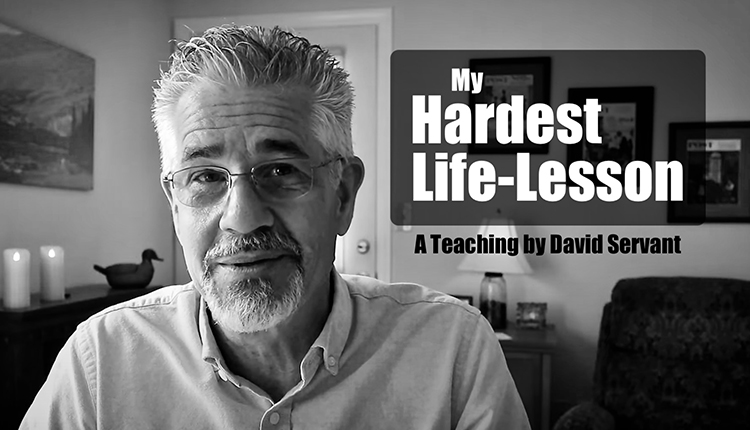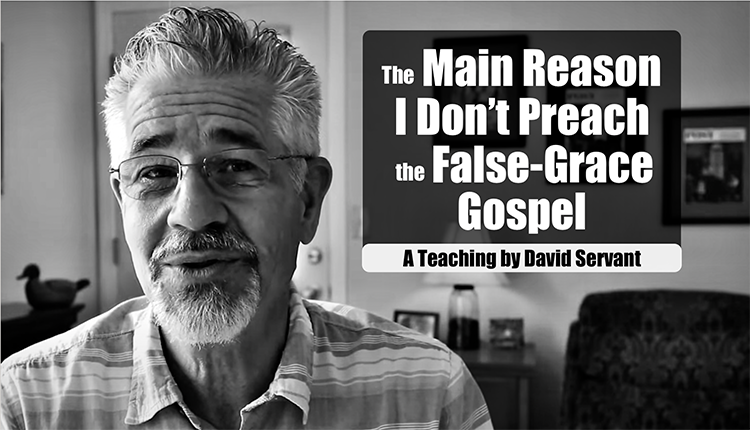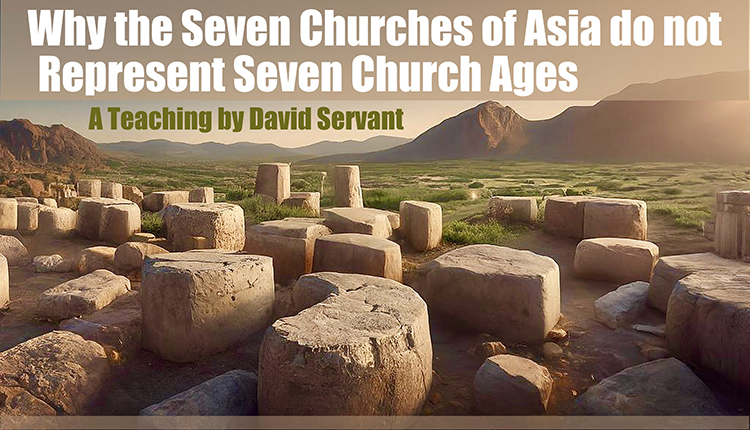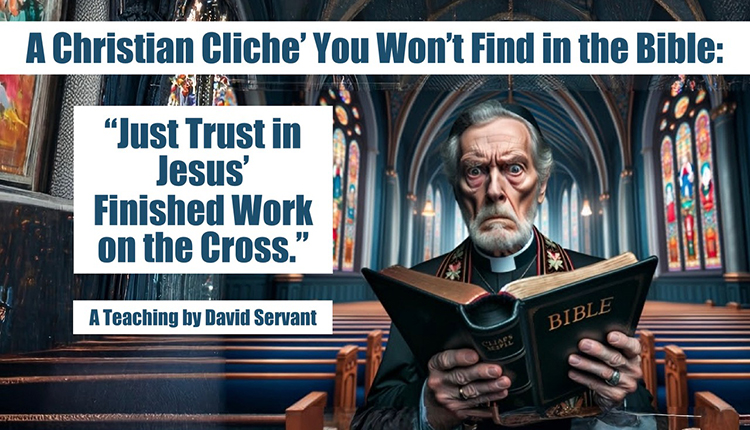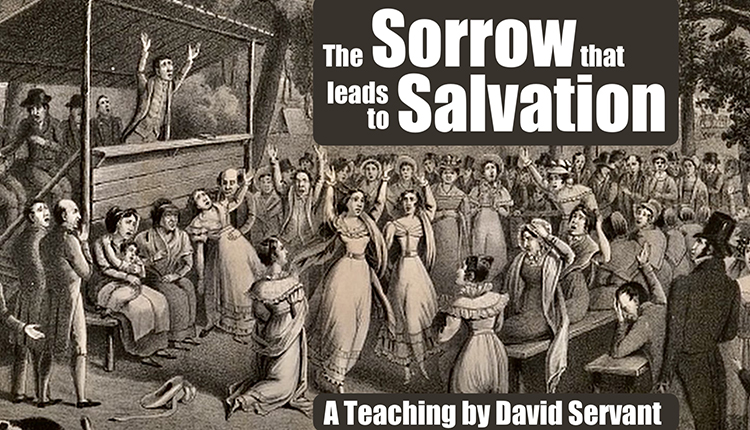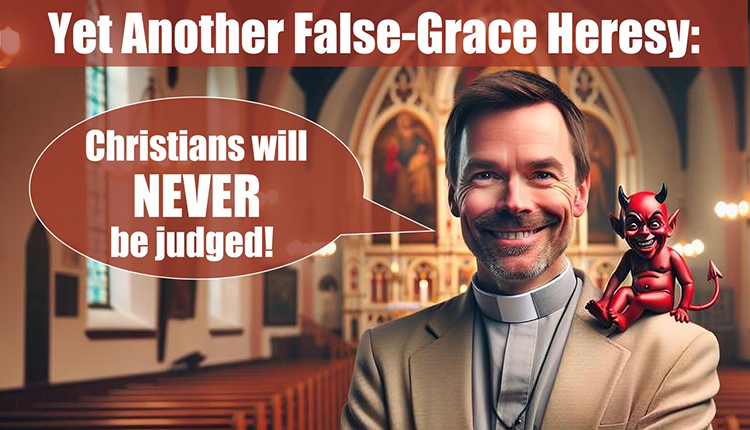
The New Testament owned by every Christian warns, “Let not many of you become teachers, my brethren, knowing that as such we will incur a stricter judgment” (Jas. 3:1). Yet some false-grace “teachers” are now telling us that we will never be judged! They claim that we don’t have to worry about standing before Jesus. “Why would Jesus ever judge us?” they ask, since He paid the price for all our sins, past, present and future? Besides, haven’t you ever read Jesus’ words in John 5:24, which say, ‘Truly, truly, I say to you, he who hears My word, and believes Him who sent Me, has eternal life, and does not come into judgment, but has passed out of death into life’?”
